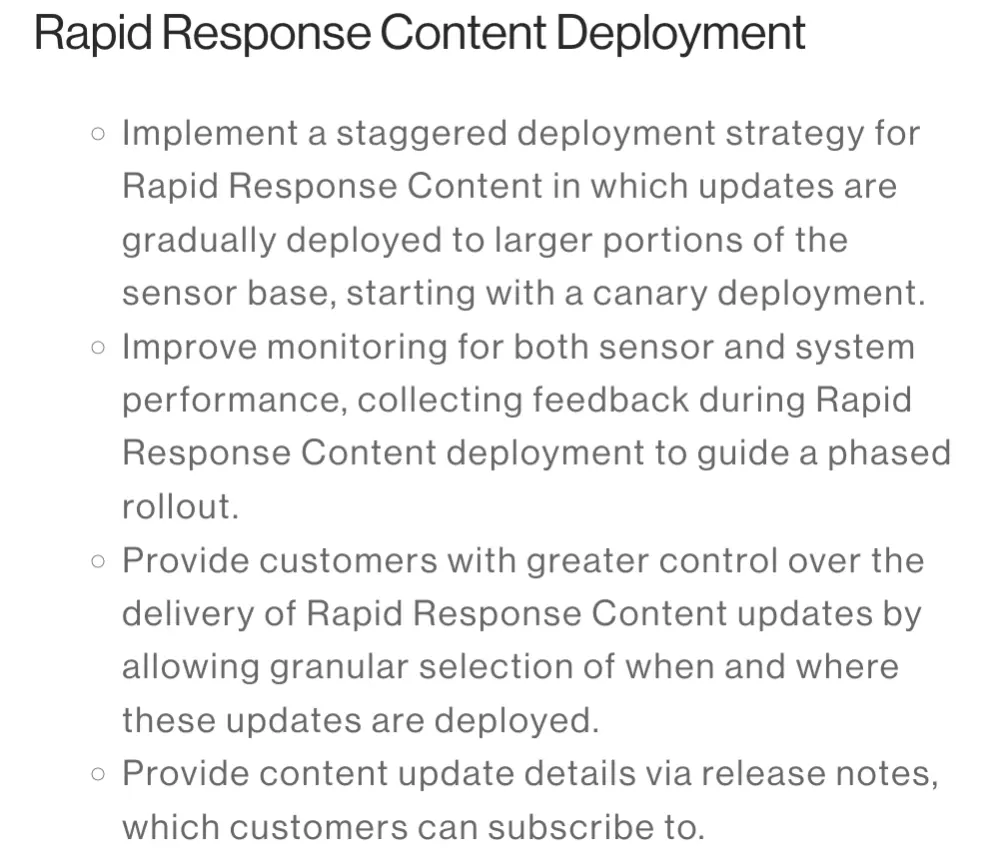Delta CEO says CrowdStrike-Microsoft outage cost the airline $500 million
Delta CEO says CrowdStrike-Microsoft outage cost the airline $500 million

Bastian told CNBC's "Squawk Box" on Wednesday that the carrier would seek damages from the disruptions, adding, "We have no choice."

- Delta Air Lines CEO Ed Bastian said the massive IT outage earlier this month that stranded thousands of customers will cost it $500 million.
- The airline canceled more than 4,000 flights in the wake of the outage, which was caused by a botched CrowdStrike software update and took thousands of Microsoft systems around the world offline.
- Bastian, speaking from Paris, told CNBC’s “Squawk Box” on Wednesday that the carrier would seek damages from the disruptions, adding, “We have no choice.”
